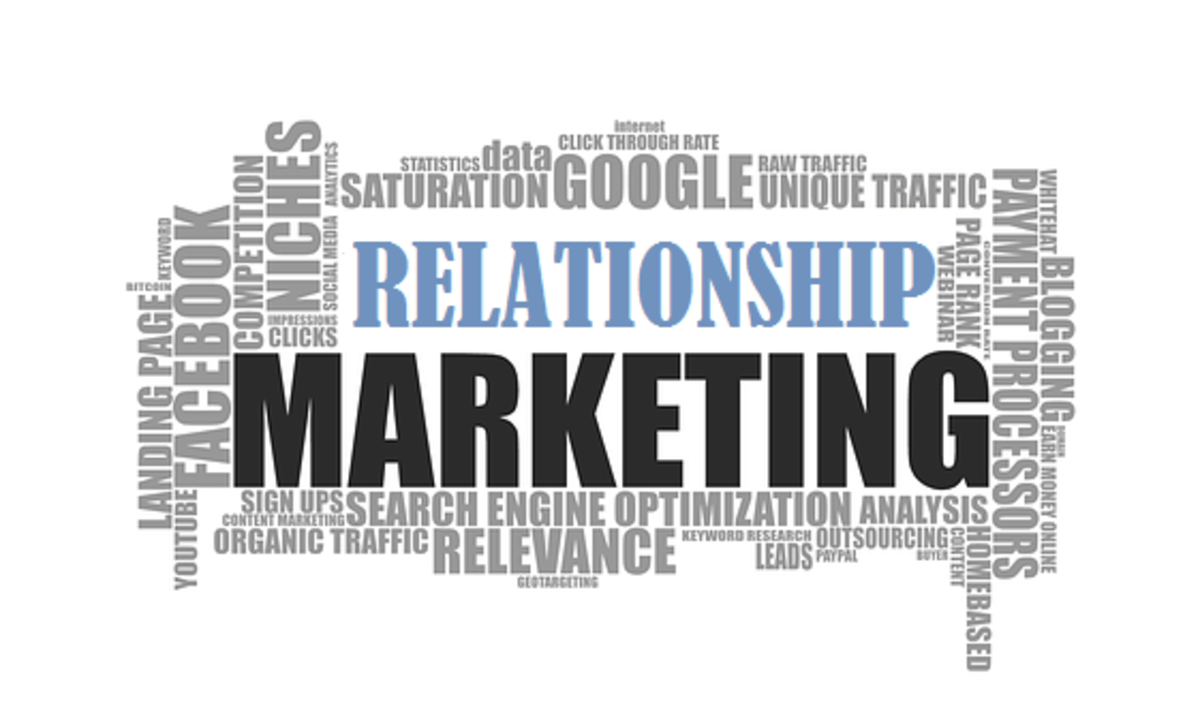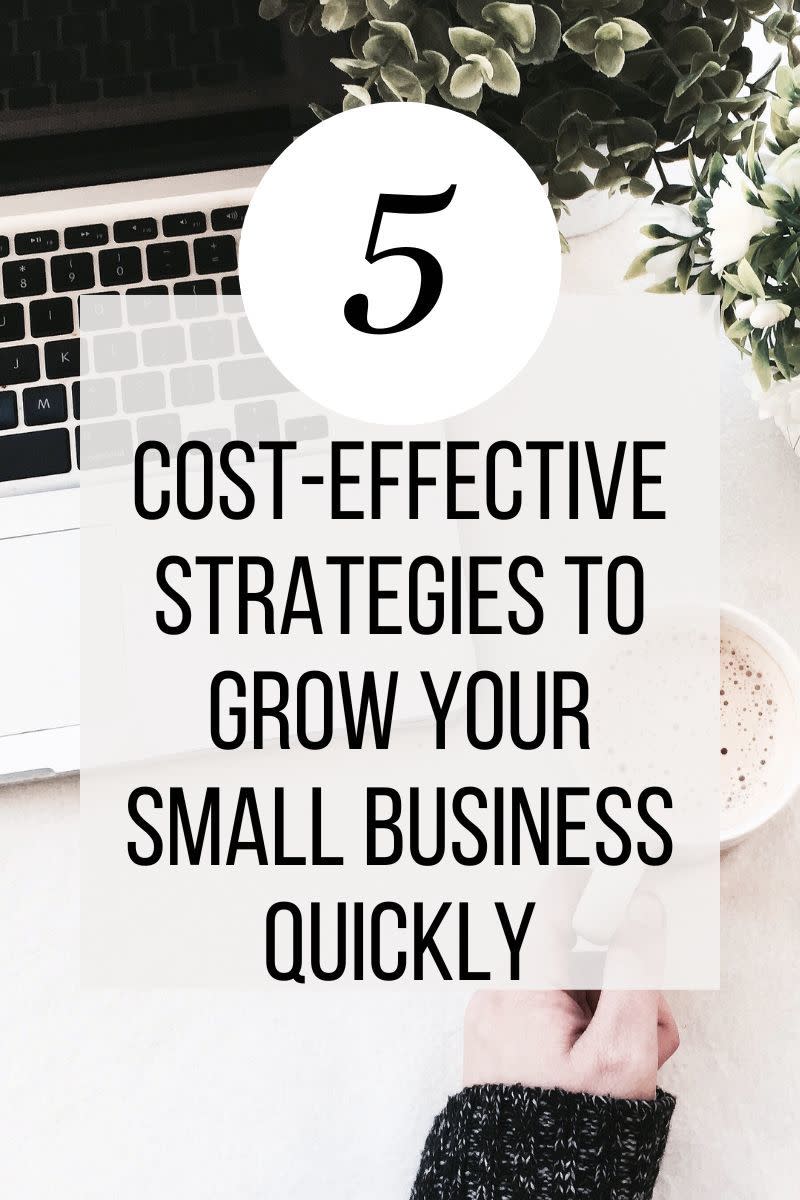We Want More: The Subtle Difference Between Demand Generation and Lead Generation
Selling a product and/or a service are typically done in one of two ways, by raising demand for the product or by reaching out directly to people who might reasonably interested in the product in the first place. This is what leads to the existence of both door-to-door salesman (do they still exist anymore?) and retail. In traditional retail, it's Muhammad that goes to the mountain while in the practice of door-to-door salesman; it's the mountain that comes to Muhammad. Even now that the collective world has fallen under the spell of the convenient world of e-commerce, these two practices are still clearly evident in modern marketing practices.
In the world of digital marketing, we're familiar with the terms demand generation and lead generation. While it's not exactly an apples-to-apples comparison, the practice of demand generation and lead generation is similar in that the former tries to drive up demand for a certain product and/or services while the latter tries to reach out directly to potential customers. For businesses and marketers looking to make the most out of their content and social media marketing efforts, it's important to understand the difference between these two practices and how they're used.
Closing deals with demand generation
The common assumption is that demand generation is best performed during the later stages of the buying process while lead generation is best performed during the earlier stages when in fact, these two concepts aren't mutually exclusive and you need both working hand-in-hand. Demand generation isn't about a quick fix and a way to generate sales immediately but more about positioning your brand in such a way that it will be the first thing on the public's mind when they think of whatever they're selling. As of this moment, whenever I'm looking for some new shirts or pants for work, Uniqlo's basics are the first thing that comes to mind.
The most important factor to consider about demand generation is that the contents should be made as easily accessible as possible. In the practice of demand generation, the focus is on your company, your products and/or services and how you can help your potential customers. As has been mentioned before, the type of content doesn't necessarily have to be limited to sales pitch about your products and/or services but could also be about communicating what your business stands for or other introductory materials.
As an example, there's a list of several interesting businesses divided into categories such as shoes, shirts and pants on my Evernote account that I keep on hand in case I'm in need of what they're selling. I haven't actually purchased anything from at least 75% of businesses listed there but as I've said before, demand generation is a long-term strategy. Modern customers put a lot of stock into a company's philosophy so even the simple act of sharing your company's values on social media could be enough to sway potential customers into at least checking you out.
Collecting information with lead generation
The practice of lead generation is typically reserved for businesses that traffics in high-value transactions. For conventional retail businesses, this is somewhat less effective although they're pretty common in membership-style promotions as well. This is because in a lead generation practice, potential customers are required to jump a series of hoops in the form of contact information. The best way to describe a lead generation practice is using the carrot approach. Potential customers are promised a valuable incentive (the carrot) to induce them into good behavior which in the case of marketing comes in the form of giving out their contact information.
If you've ever signed up for a newsletter then you've been on the receiving end of a lead generation tactic as they're one of the most common form of a lead generation tactic. The hardest part of lead generation is ensuring that you have something valuable behind the 'gate' as people aren't just going to give you their contact information for something they could find elsewhere. This is why longform contents such as e-books, whitepapers and research reports often requires you to first put down your information as a form of a lead generation tactic.
For the typical retail businesses, lead generation tactic can be used for exclusive promotions or membership benefits. As an example, I'm currently a registered member of a local cinema chain, of which membership is free, and I'm always among the first to be alerted to promotions or exclusive screenings and I'm guessing they have a pretty good idea by now on what kind of films I like to watch. Lead generation is all about collecting information and/or data and this data could be used as a foundation on your future marketing and sales strategy.
Using demand generation hand-in-hand with lead generation
From the above explanation, it should be fairly easy to surmise that demand and lead generation moves in different circles and they don't have to be mutually exclusive from each other. Because they don't impose on each other's territory, it's definitely possible to actually conduct the two simultaneously. If you're a bit confused on where to start, you might want to ask yourself on which do you want to focus on more? Raising awareness of your brand and/or products/services or more and better sales lead? It's important to know at which stage your business is currently sitting in order to better optimize your marketing efforts.








